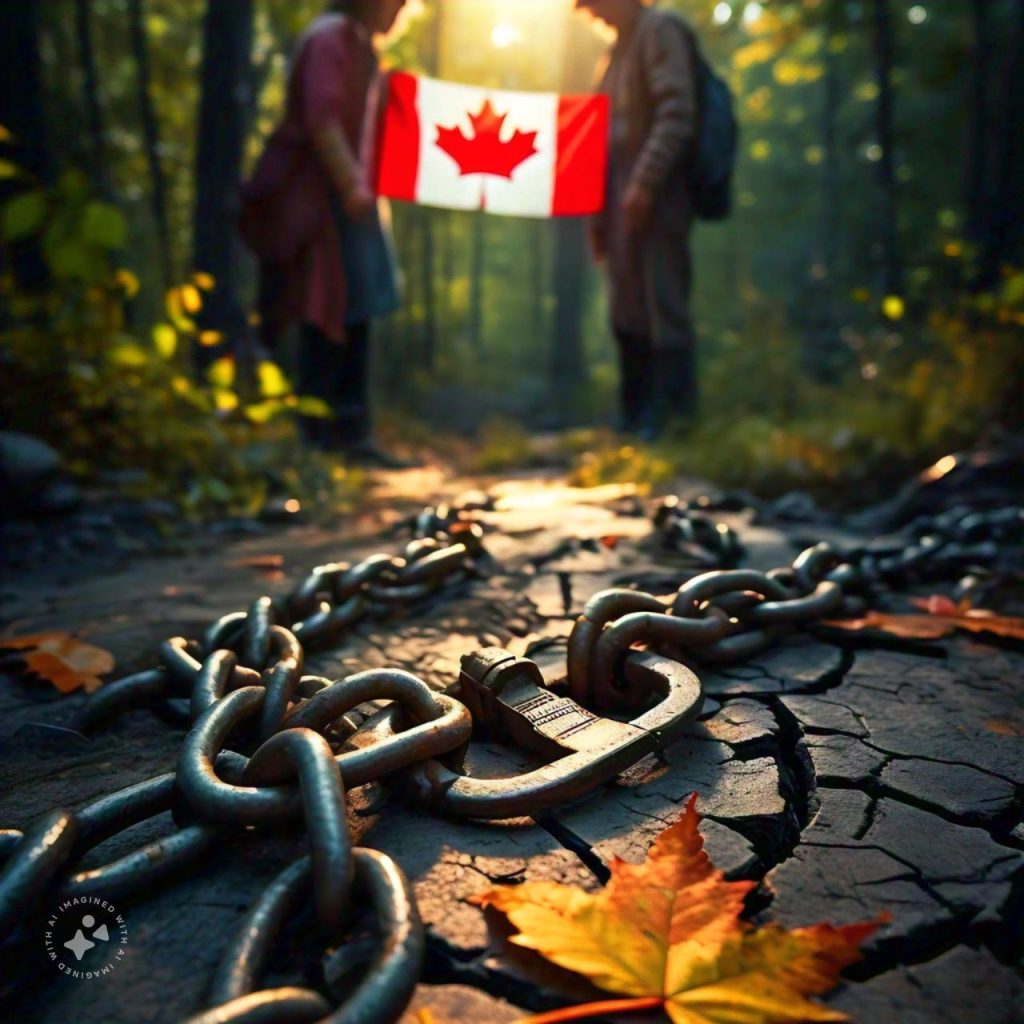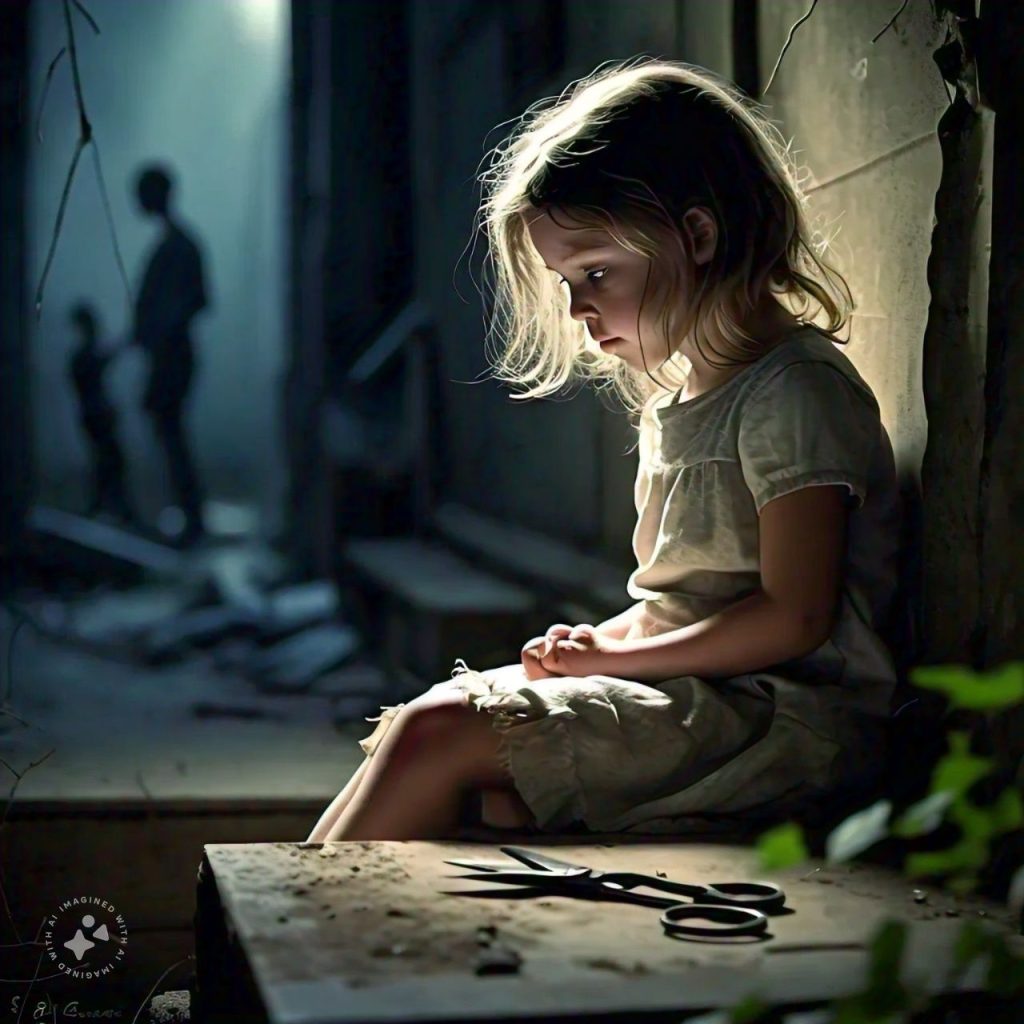
Let’s dig into the heart of what Maxime Bernier shared at the Capitalism & Morality seminar in Vancouver on June 01, 2024. He didn’t mince words when he tackled the complex issue of mass immigration and radical multiculturalism in Canada. His perspective? Not all cultural values or social customs are created equal, and not every tradition aligns with the principles that Canada holds dear. This got me thinking: what does it mean to talk about “Canadian values”? And just as crucially, what falls outside that realm?
Back in 2015, when Canada’s Conservatives proposed a ‘barbaric cultural practices’ hotline, it sparked intense debate. Now, nearly a decade later, it’s worth revisiting this discussion. Let’s shine a light on some practices that simply don’t fit with Canadian values—practices that are not only outdated but can be downright harmful.
Female Genital Mutilation (FGM):

This practice involves the removal of parts of the female genitalia for non-medical reasons, a violation of women’s and girls’ rights that can lead to lifelong health issues. While it’s illegal in many countries, it’s still practiced in parts of Africa, the Middle East, and Asia. Canada, with its commitment to gender equality, simply cannot condone such brutality.
Honor Killings:
In some regions, particularly in parts of South Asia, the Middle East, and North Africa, family members are murdered to preserve “honor” after a perceived slight. The reasons can be as trivial as a woman refusing an arranged marriage. This is nothing less than cold-blooded murder, a horrific crime that has no place in a society that values the sanctity of life.
Child Marriage:
In many parts of the world, young girls are forced into marriage, often with much older men. This robs them of their childhood, education, and often, their health. In Canada, we stand firm on the right of every child to grow up free from coercion and with access to education.
Bride Price and Dowry:
This practice often turns marriage into a financial transaction, where the bride’s family either pays or is paid, depending on the culture. In extreme cases, disputes over dowries can lead to violence or even death. In Canada, we believe in equality in marriage, where love, respect, and mutual support are the foundation, not financial gain.
Forced and Coerced Marriage:
The idea that someone could be forced into a lifelong partnership against their will is abhorrent. This violation of personal freedom and autonomy stands in stark contrast to Canadian values, where every individual’s right to choose their path in life is paramount.
Sex-Selective Abortion:
Sex-selective abortion is primarily practiced in parts of Asia, particularly in countries like India and China, where cultural preferences for male children are strong. These practices have led to significant gender imbalances in these regions, with millions of “missing” girls due to selective abortions. In India, the practice is driven by deep-rooted patriarchal norms, dowry systems, and the perceived economic burden of raising daughters. In China, the one-child policy, combined with cultural preferences for male heirs, exacerbated the problem. Additionally, some other countries, including Vietnam, South Korea (historically), and certain communities in the Middle East and Eastern Europe, have also experienced issues with sex-selective abortion, although efforts to curb the practice have seen varying levels of success.
Witch Hunts:
Still occurring in parts of Africa, South Asia, and Latin America, people, mostly women, are accused of witchcraft and subjected to violence, ostracization, or even death, based on superstition and unfounded accusations.
Conclusion:

Drawing from the wisdom of Canadian thinkers like Jordan Peterson, who emphasizes the importance of truth and responsibility in upholding a society’s values, it becomes clear that Canada’s identity is rooted in certain non-negotiable principles. We champion equality, freedom, and respect for all. As Peterson might argue, we have a moral obligation to protect these values, especially against practices that threaten the very fabric of our society.
Canada is a mosaic, a beautiful blend of cultures and traditions. But within that mosaic, there are boundaries—lines we do not cross because they define who we are as a nation. So, when we talk about embracing diversity, we must also be clear about what we reject: practices that dehumanize, that violate rights, that contradict the very essence of Canadian values.
So, what are Canadian values? They are the bedrock of a society that believes in human dignity, in freedom, and in the equal worth of every person. And what isn’t? Anything that undermines those principles. Let’s keep this conversation alive, not just to protect our values, but to ensure that Canada remains a place where every individual can thrive, free from the shadows of practices that belong in the past.
Read more:
Breaking Barbaric Traditions: My Journey Through Circumcision and Marriage in a Changing World